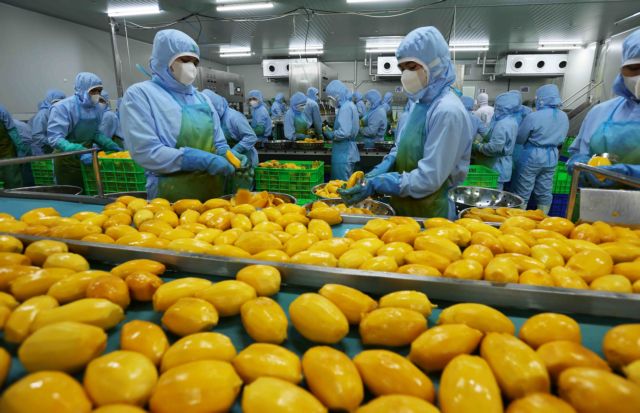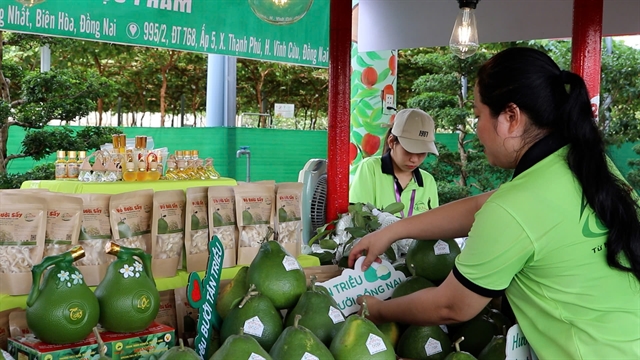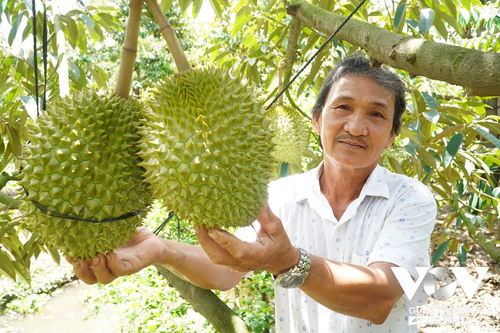



As Vietnam's agricultural sector continues to thrive, the seafood industry is also making significant strides. The United States, China, ASEAN countries, and the Middle East are projected to remain the leading importers of Vietnamese seafood through 2025. In 2024, exports to the US grew by 16%, reaching over $1.8 billion, with key products including white-legged shrimp, black tiger shrimp, pangasius, tuna, crab, and blue crab [7783d1d7].
The Vietnam Association of Seafood Exporters and Producers (VASEP) anticipates a 10-15% growth in seafood exports in 2025, despite facing challenges from potential new US tax and trade policies [7783d1d7]. China, while presenting opportunities for growth, also poses competition for Vietnam's seafood exports, making it a complex market to navigate [7783d1d7].
Additionally, ASEAN remains a crucial market for Vietnamese seafood, although it faces competition from both China and India. The Middle East, while currently accounting for less than 4% of Vietnam's seafood exports, is showing increasing demand, indicating potential for future growth [7783d1d7].
In conjunction with these developments, the fruit and vegetable sector in Vietnam is also on an upward trajectory, targeting $10 billion in exports by 2030. In 2023, the sector achieved $5.6 billion in export revenue, a significant increase from previous years, with a notable rise in orders during the peak seasons of October and November [79d40a01].
Nguyễn Đình Tùng, chairman of Vina T&T Group, highlighted that the Mekong Delta continues to be a vital contributor to both the seafood and fruit and vegetable industries, producing a diverse range of products for international markets [f7dc44ad]. The Delta's commitment to quality and sustainability is evident, as local farmers adapt to meet the challenges posed by climate change and foreign competition [d1bb636a].